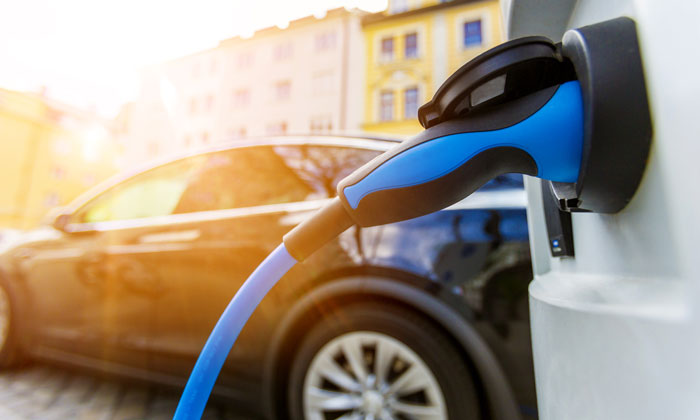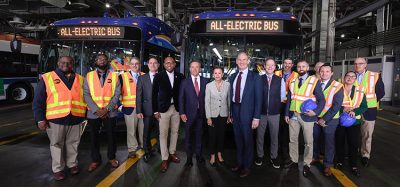GEAR 2030 highlights need for support for automotive sustainability goals
- Like
- Digg
- Del
- Tumblr
- VKontakte
- Buffer
- Love This
- Odnoklassniki
- Meneame
- Blogger
- Amazon
- Yahoo Mail
- Gmail
- AOL
- Newsvine
- HackerNews
- Evernote
- MySpace
- Mail.ru
- Viadeo
- Line
- Comments
- Yummly
- SMS
- Viber
- Telegram
- Subscribe
- Skype
- Facebook Messenger
- Kakao
- LiveJournal
- Yammer
- Edgar
- Fintel
- Mix
- Instapaper
- Copy Link
Posted: 27 October 2017 | Mandy Parrett (Intelligent Transport) | No comments yet
Following the latest GEAR 2030 report, published last week by the European Commission, ERTICO – ITS has reacted favourably to its content, highlighting the assertion that support is needed for connected, electric and automated vehicle uptake.


Jacob Bangsgaard, CEO of ERTICO – ITS Europe (the European organisation that promotes Intelligent Transport Solutions) echoed the opinion of the GEAR 2030 report, commenting: “We welcome this report and the recognition of key areas like connectivity, electrification and automation. Europe should invest more in automotive innovation to ensure that it remains competitive on a global scale.
The current funding instruments available are insufficient to create the needed public-private partnerships that will ensure the appropriate developments in these key areas.”
The GEAR 2030 High Level Group (HLG) was established by the European Commission in October 2015 and is made up of public and private sector representatives of the automotive industry, including ERTICO – ITS Europe, which co-chairs the group on Connected and Automated Driving regulations within the GEAR 2030 initiative.
Planning for responsible policies
With regard to connected and automated driving (CAD), the report establishes a fundamental basis on which to create a sound European regulatory environment for the short-medium term steps of CAD deployment, while encouraging large-scale research and financing programmes at EU and national levels. It also recommends that CAD’s potential impact – especially in relation to road safety, traffic and jobs – be assessed, discussed and accounted for in broader EU policies to ensure these impacts are properly addressed.
The report acknowledges a distinct shift in the discussion from analysing structural challenges to the future development of vehicles and related services. The Internet of Things (IoT), Artificial Intelligence and Big Data are just some of the big technology drivers behind connected and automated vehicle development and deployment, while business models like Mobility as a Service (MaaS) will affect all related mobility actors.
Battery improvement is key, says GEAR 2030
On the topic of greenhouse gas emissions and air pollutants (NOx and particulates), the report calls for increased support of zero emission and zero emission capable vehicles entering the market, yet concedes that their success will also largely depend on whether battery performance continues to improve. For this reason the HLG recommends that the Commission and EU Member States work together with the automotive industry to strengthen research, development and manufacturing of the next generation of batteries.
Related topics
Alternative Power, Connected & Autonomous Vehicles, Intelligent Transport Systems (ITS)
Related cities
European Union
Related people
Jacob Bangsgaard








